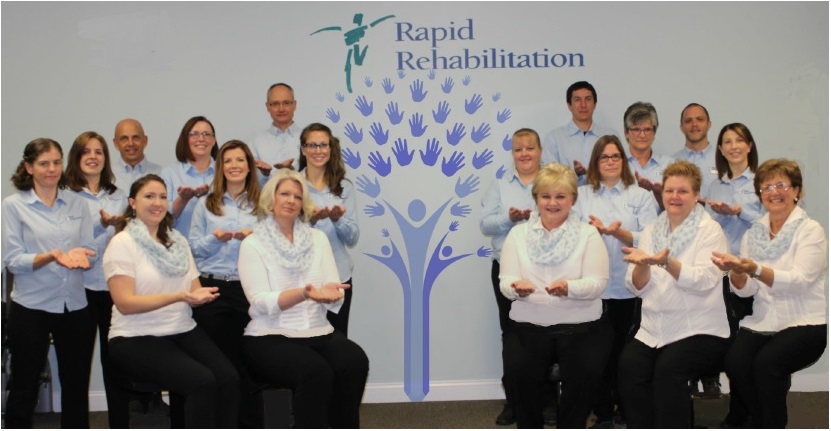Norco Abuse Treatment Centers Ecorse MI
Home
Top Norco Abuse Treatment Centers Ecorse MI Resources and Information Online
Norco Abuse Treatment Centers Ecorse MI
All drugs are associated with short-term and long-term negative health effects. Malcolm Muggeridge Home » Types of Addictions » Overcoming Drug Addiction Overcoming Life's Challenges I would love you to discover the secrets to a successful life... so that you can overcome your life's challenges and come out on top.
REHAB;for alcoholics are the same as rehabs for drugs addicted people--alcohol is a drug,people learn how to deal with ther disease,they learn how to ask for help when they fell like drinking,they learn how to go to meetings everyday,they learn how to stay away from people places and things that remind them of drinking(bars)(friends).rehabs DO NOT CURE YOU they teach you how to cure yourself or stay away from alcohol/drugs---mrfoot56---peace Q. Our Christian counselors have all been through their own addictions and really know what it takes to be free from addiction and serving the Lord once again.
More Details Around Opium Abuse Facility

Right here are Some More Information on Christian Intervention Program Ecorse MI
Twitter will use this info to make your timeline better. The drug is an illegal Schedule I controlled substance in the United States, and the foreign facilities in which it is administered tend to have little oversight, and range from motel rooms to one moderately-sized rehabilitation center.[11] A few antidepressants have been proven to be helpful in the context of smoking cessation/nicotine addiction, these medications include bupropion and nortriptyline.[12] Bupropion inhibits the reuptake of norepinephrine and dopamine and has been FDA approved for smoking cessation, while nortriptyline is a tricyclic antidepressant which has been used to aid in smoking cessation though it has not been FDA approved for this indication.[12] Acamprosate, disulfiram and topiramate (a novel anticonvulsant sulphonated sugar) are also used to treat alcohol addiction. Do you take drugs more frequently than you’ve planned? We also cater for co-occurring conditions that a patient may be suffering from which includes mental disorders like anxiety, depression and schizophrenia.
Here are Some Even more Resources on Opium Abuse Facility
I participated in sports and my local debate team. The cognitive therapist's job is to uncover this underlying system of beliefs, analyze it with the patient, and thereby demonstrate its dysfunctionality. This is something that is essential in ensuring that other aspects of your life are impacted as little as possible.
Even more Info About Opium Abuse Facility Ecorse MI
Hotlines to Call Drug and Alcohol Resource Center: 1-800-784-6776 Drug Rehabs: 1-866-762-3712 Recovery Connection: 1-800-511-9225 Addiction Helpline: 1-877-235-0400 National Institute on Drug Abuse: 1-800-662-HELP(4357) Drug Abuse and Alcohol Hotline: 1-800-553-7160 Teen Help Inc: 1-800-400-0900 Students Against Drugs and Alcohol: 1-800-782-4062 Drug Addiction Websites While the Internet is still fairly new, drug addiction has been around for years. Addiction No More’s certified counselors are here 24 hours a day, 7 days a week to answer your questions. When you call this hotline, a staff member is waiting ready on the other side to attend to your situation via phone assistance. The stifling darkness that people often find themselves in due to the destruction that drugs and alcohol have caused does not have to be a lasting darkness. Drug and Alcohol treatment and recovery is a long term process. Others may need an Inpatient Drug Rehab Center for recovery in Texas. When we first starting talking he let me know he had a wild childhood. People start using drugs for many different reasons. The most effective way of treating drug addiction is found in the combination oftreatment medications and behavioral therapy. Whether you are a dependent or addict yourself or someone from your loved ones is experiencing the same situation, there are several rehabilitation centers and facilities which can help in alleviating the problem of addiction. Relapse prevention[edit] An influential cognitive-behavioral approach to addiction recovery and therapy has been Alan Marlatt's (1985) Relapse Prevention approach.[34] Marlatt describes four psychosocial processes relevant to the addiction and relapse processes: self-efficacy, outcome expectancies, attributions of causality, and decision-making processes. Stimulants (including Ritalin, Concerta, Adderall, Dexedrine): Dilated pupils, reduced appetite; agitation, anxiety, irregular heartbeat, high body temperature; insomnia, paranoia.
Click Here for More Information
Previous Next
You may also like:
Desoxyn Abuse Treatment Clinics Sidney NE
Clonazepam Addiction Facilities Marble Falls TX
Valium Abuse Clinic Cuttingsville VT
Ultram Abuse Program Finley TN
Ritalin Addiction Clinics East Berlin PA
Cannabis Rehab Treatment Programs New Site MS
Duragesic Abuse Program Winter Haven FL
Diazepam Rehab Facility Near Me Pearl River LA
Free Christian Based Drug Rehab Centers Mc Bee SC
Implementing Dual Diagnosis Services For Clients With Severe Mental Illness De Mossville KY
Methadone Abuse Treatment Facility Newburgh IN
Nembutal Detox Treatment Facilities Edwall WA
Percocet Detox Center War WV
Amphetamines Rehab Programs Damascus MD
Roxicodone Addiction Treatment Martin ND
Crc Drug Rehab Grace City ND
Addiction Statistics Waverly WV
Seconal Rehab Treatment Programs Palmdale CA
Orlaam Detox Program Columbia MD
Hydromorphone Detox Moccasin MT